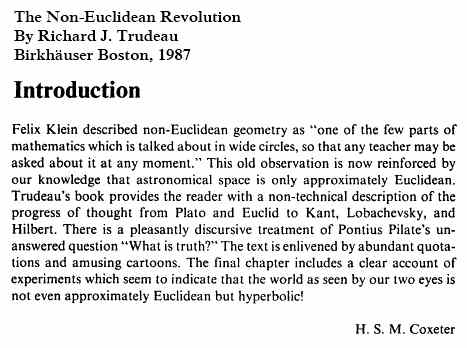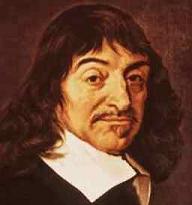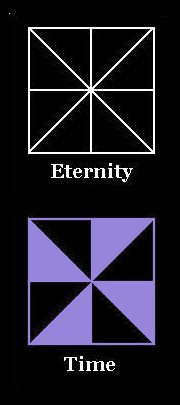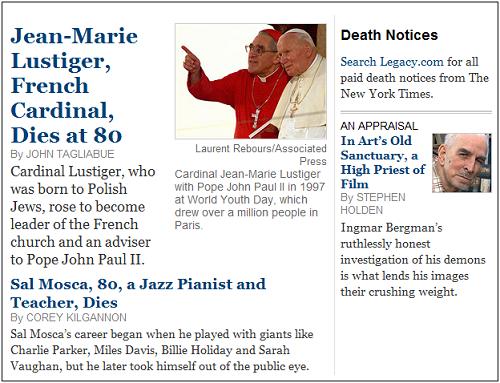A Late Quartet
01:13:08.25,01:13:12.35
(STRING QUARTET PLAYING
SLOW, LUSH MELODY)
01:13:22.59,01:13:26.23
They’re fucking sixteenths,
Steve, stop milking them.
01:13:26.36,01:13:29.78
Folks, disagree,
but do it nicely, and please…
01:13:30.47,01:13:33.38
…try not to get caught up in mistakes.
01:13:35.17,01:13:38.21
When I was your age,
I met the great Pablo Casals.
01:13:38.34,01:13:40.85
I was so intimidated
I could barely speak.
01:13:40.98,01:13:43.19
He must have sensed this, because…
01:13:43.31,01:13:46.99
…instead of a chat,
he asked me to play.
01:13:47.12,01:13:49.93
He requested the prelude
to the Fourth Bach suite.
01:13:51.62,01:13:54.80
I focused, took a deep breath,
began, the notes started to flow,
01:13:54.93,01:13:58.67
the music’s in the air, and it was
the worst music I ever made.
01:13:58.80,01:14:00.28
(STUDENTS CHUCKLE)
01:14:01.13,01:14:05.44
I played so badly,
I got halfway through and had to stop.
01:14:05.57,01:14:07.71
“Bravo,” he said, “Well done.”
01:14:08.94,01:14:13.85
Then, he asked me to play the allemande.
“A second chance,” I think to myself.
01:14:15.48,01:14:17.05
I never played worse.
01:14:18.48,01:14:22.06
“Wonderful. Splendid,” he praised me.
01:14:22.19,01:14:26.73
And when I left that night,
I felt terrible about my performance,
01:14:26.86,01:14:30.50
but what really bothered me
wasn’t my playing, it was Casals.
01:14:30.63,01:14:32.30
The insincerity.
01:14:33.90,01:14:36.50
Years later, I met him in Paris
01:14:36.63,01:14:40.41
and by then I was professional,
we played together.
01:14:40.54,01:14:45.08
We became acquaintances,
and one evening, over a glass of wine…
01:14:46.94,01:14:51.32
…I confessed to him what I thought
of his horseshit all those years ago.
01:14:51.45,01:14:53.22
(LAUGHTER)
01:14:55.12,01:14:59.09
And he got angry. His demeanor changed,
he grabbed his cello,
01:14:59.22,01:15:02.50
“Listen,” he said.
And he played this phrase.
01:15:03.63,01:15:07.58
(PLAYS DYNAMIC, DRAMATIC PHRASE)
01:15:19.08,01:15:22.06
“Didn’t you play that? Fingering.
01:15:22.18,01:15:25.96
You did.
It was novel to me. It was good.
01:15:26.08,01:15:31.09
And here, didn’t you attack
this passage with an up-bow like this?”
01:15:45.14,01:15:49.08
Casals emphasized the good stuff,
the things he enjoyed.
01:15:50.87,01:15:55.65
He encouraged. And for the rest,
leave that to the morons,
01:15:55.78,01:16:00.85
or whatever it is in Spanish,
who judge by counting faults.
01:16:00.98,01:16:03.62
“I can be grateful,
and so must you be,” he said,
01:16:03.75,01:16:09.03
“for even one singular phrase,
one transcendent moment.”
01:16:09.33,01:16:10.33
Hmm?
01:16:11.40,01:16:16.64
– Wow.
– Yeah, wow. Pablo Casals. Champion.
01:16:17.90,01:16:21.82
Once more, with feeling please. Feeling!
01:16:25.21,01:16:29.05
(SLOW, LUSH MELODY RESUMES)
See also a video of this scene and a post from this date ten years ago.

































 –John Edwards, the Harvard sophomore whose body was
–John Edwards, the Harvard sophomore whose body was 

















